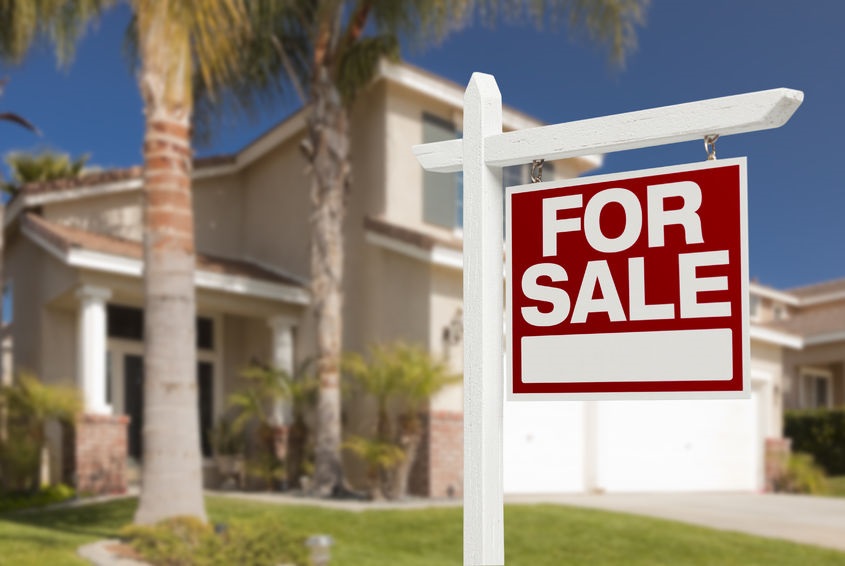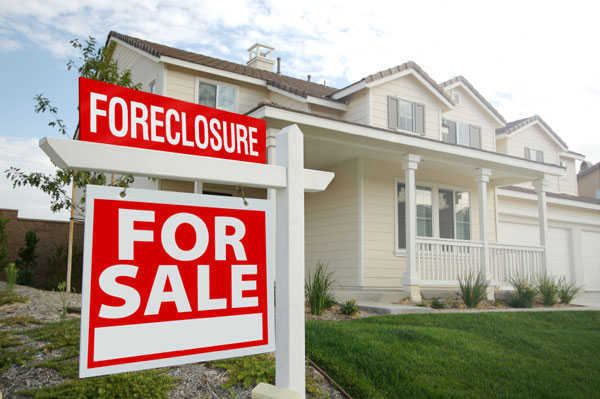

Just a few short weeks ago the economy was breaking records, the Dow was nearing 30,000, unemployment was at record lows, and the price of oil was at $50 – $60 per bbl. trading range. The coronavirus was in China, and the WHO, the CDC plus many U.S. government officials stated that the risk of becoming infected with what is now called COVID-19 was remote.
Of course, this has all changed quickly and radically, and almost all sectors of the world economy — including the U.S, — have been detrimentally affected. The U.S. rental market has also not been immune to issues caused by COVID-19, so let’s take a look at what has been happening.
Traffic
Many sources tell us that traffic on apartment rental sites has dropped as much as 25 percent year-to-year, and that quickly translates to less demand. Places like Chicago where a trendy Lincoln Park apartment close to downtown was previously listed at $4,200 per month, have seen asking price drops of a quick 10 percent. In addition, some landlords are making concessions as they offer three-year leases with no built-in increases. In these cases, rent stability now is worth more than a locked-in yearly increase.
Unemployment
Landlords are realizing that they need to be extra careful as they screen tenants and undertake tenant check credit scores. Many times, when a person purchases a home, the title company makes a final call to the buyer’s employer on closing day to make sure that the buyer is still employed. Some landlords may be starting to do this now, as they worry that a previously well-credentialed prospective tenant could quickly become an unemployed liability.
Insurance Concerns
If someone lives in a large apartment complex, liability questions can arise if a tenant acquires COVID-19. What responsibility do apartment complex owners and managers have? Do owners and managers have to notify all tenants if they discover an active case? Is it necessary to increase common area sanitation efforts? Can owners and managers be sued if they fail to warn other tenants about COVID-19 cases in the building, and if they fail to ramp-up their cleaning regimens?
If they are sued, will their insurance policies cover pandemic-related claims? Skaug Law told us that phones are quite busy at insurance companies and attorneys’ offices as lots of players are trying to first determine and then mitigate risk as they decide, who—if anyone—is going to pay for defending possible lawsuits.
Looking for Different Things
While in the past prospective tenants may have been more concerned about parking facilities and trendy appliances, they are now searching for terms like “home office,” “sanitation,” and “strong Wi-Fi connection.” They are less concerned about finding apartments near their workplace. Also, it follows that very few people are concerned about any shared workspace arrangements, as that industry may have taken a fatal hit.
Rent Payments
Many municipalities have instituted rules against evictions so that tenants that have temporary financial problems can defer their April and possibly May rent payments. This is great for tenants but difficult for landlords that have mortgage obligations or don’t have a rent guarantee in place, although some landlords may be able to defer their mortgage payments also.
Rent Increases
Landlords that have neglected to raise rents may have a very difficult time trying to accomplish that now as many are merely happy to have some cash flow rather than risking a rent increase that might cause a tenant to move, or worse, stay put and not pay anything. Tenants may also have some renegotiating power as landlords would again rather have some cash flow rather than none.
Airbnb
Short term rental companies had strict cancellation policies in the past, but these have been relaxed. That’s been a welcome relief for some would-be travelers as they have found that they can receive their deposits back and not be liable for a late cancellation. On the other hand, Airbnb hosts are upset because they have lost unreplaceable income. Obviously, few are traveling now, and it’s almost impossible to quickly rebook a short-term rental because of a last-minute cancellation.
Longer-Term Effects
In 2009, as the housing crisis-led Great Recession occurred, some states were hit first and harder than others. Regardless, the recession eventually spread to the entire U.S. and in many areas, apartment construction totally ceased. Half-constructed complexes were left uncompleted, as construction financing just disappeared.
When things began to improve in some areas, those locales began to attract new residents and as local populations increased, so did rents because demand grew as supply stagnated. Furthermore, some previous homeowners that lost their residences due to foreclosure had to tap the apartment market for shelter, and this also put pressure on existing units. Because of these issues, rents rose dramatically, and it was not until new apartments finally came online that rental prices began to level off.
We don’t know whether the recession we are in now will be sharp and short or sharp and prolonged, but if bad times linger and financing dries up, we can expect a repeat of what occurred after the Great Recession.
Staying Put
The U.S, economy has come to an historic halt and that means that few people are moving. Home sales have slowed—to what extent we don’t know yet—and apartment dwellers are more apt to stay put and wait out the pandemic than try and find new places to live. The entire country is in a hunker-down mentality, and this may stay unchanged for a couple of months.
When the economy reopens—and that of course depends upon the pandemic—many are predicting a different America where people will decide to stay home more and mingle with others less even if COVID-19 disappears. For now, we are looking at stable rents, little inclination for tenants to relocate, and a trend toward safer and secure apartments that will afford tenants the ability to better navigate times of quarantine.
We are entering previously unknown times, and if nothing else, this is now a serious renters’ market and how long it stays that way is unpredictable. If you are a first time landlord or thinking about buying your first rental property, pay close attention to what is happening in the economy.







